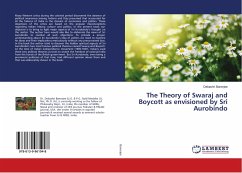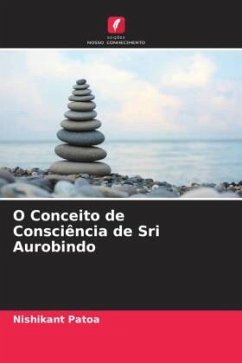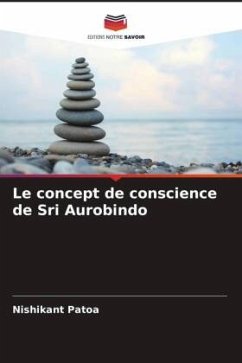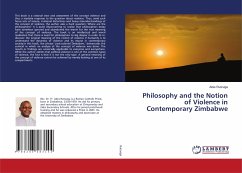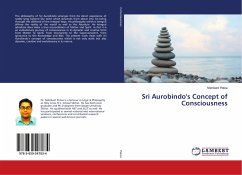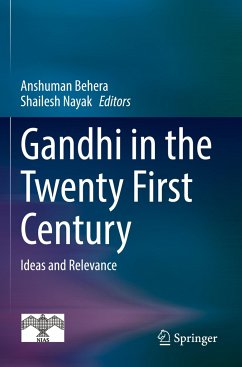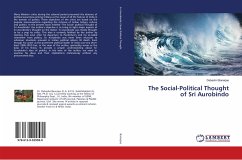
The Social-Political Thought of Sri Aurobindo
Versandkostenfrei!
Versandfertig in 6-10 Tagen
71,99 €
inkl. MwSt.

PAYBACK Punkte
36 °P sammeln!
Many Western critics during the colonial period presumed the absence of political awareness among Indians as the cause of all the failures of India in the domain of politics. These objections of the critics are based on the popular misconceptions regarding the richness of Indian history, culture and politics. In the present book entitled 'The Social- political Thought of Sri Aurobindo' the author's objective is to bring to light major aspects of Sri Aurobindo's thought on the matter. Sri Aurobindo was mostly thought to be a yogi by critics. This idea is certainly falsified by the author by cla...
Many Western critics during the colonial period presumed the absence of political awareness among Indians as the cause of all the failures of India in the domain of politics. These objections of the critics are based on the popular misconceptions regarding the richness of Indian history, culture and politics. In the present book entitled 'The Social- political Thought of Sri Aurobindo' the author's objective is to bring to light major aspects of Sri Aurobindo's thought on the matter. Sri Aurobindo was mostly thought to be a yogi by critics. This idea is certainly falsified by the author by claiming that even after his departure to Pondicherry and his so-called retirement from politics, Sri Aurobindo was never been reluctant to whatever situations aroused in Indian political sphere till death. Even though his career as the prominent political leader of India was very short-lived (1905-1910) but, in the view of the author, spirituality serves as the basis of his thesis. To provide a proper understanding about Sri Aurobindo's idea of politics, in the view of the author, we need to examine his ideas and their implications meticulously without any preconceived bias.



